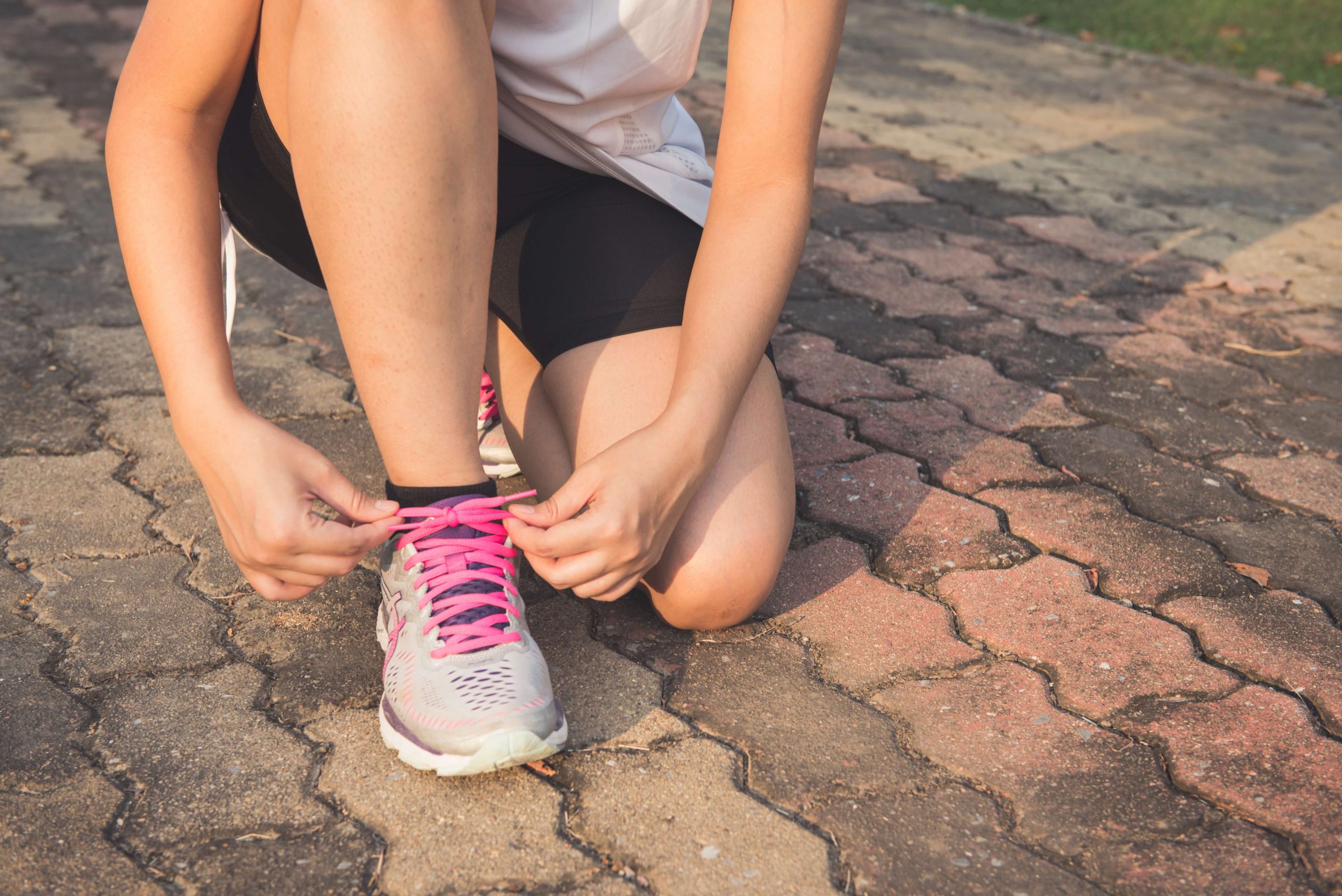
Exercise reduces cancer risk
We all know that exercise is good for us, but did you know it actually reduces your risk of getting several types of cancer?
Interestingly, physical activity can reduce cancer risk independently of body size – so not matter what shape you’re in, getting moving will benefit your health.
Here, Associate Professor Brigid Lynch explains. Associate Professor Lynch is a cancer epidemiologist and Deputy Head of the Cancer Epidemiology Division at Cancer Council Victoria.
What do we know about breast cancer and exercise?
There is strong evidence from large scale cohort studies that suggests that physical activity can help reduce the risk of developing breast cancer.
Some of my recent work has shown that there is a clear biological pathway whereby high levels of physical activity reduce circulating sex hormones (oestrogens and androgens), and that lower levels of sex hormones (compared with average levels) result in a decreased risk of breast cancer.
We did not find a clear and convincing pathway via insulin signalling or inflammation.
How about other types of cancer?
There is strong evidence that physical activity reduces the risk of seven types of cancer:
- breast
- colon
- endometrial (uterine)
- kidney
- bladder
- oesophageal (adenocarcinoma) and
- gastric cardia (stomach).
Recommended exercise each week for cancer risk reduction?
For cancer prevention, Cancer Council Victoria recommends 60 minutes of moderate-intensity physical activity (brisk walking, cycling on flat surfaces) or 30 minutes of vigorous-intensity physical activity (aerobics, running) on most days of the week.
It’s also important to do a couple of strength training sessions each week (weight bearing exercise) to maintain muscle.
The good news is that for many cancers, there is a clear dose-response effect, so there is a small benefit for brief amounts of exercise, but larger risk reduces for greater time spent being physically active.
Can you please explain the study you are currently working on?
My research program focusses on how physical activity is related to cancer risk, biological mechanisms underlying risk, and health outcomes for cancer survivors.
I am a Principal Investigator of the Australian Breakthrough Cancer (ABC) Study, an ongoing cohort study of over 50,000 Australians investigating the role that genes, lifestyle and environment play in the development of cancer and other diseases.
In coming years, the ABC Study will provide more insights into the role that physical activity plays in preventing cancer.
Time to get moving!
So, there you have it. There have never been so many reasons to get moving and get active.
If something is preventing you from being physically active, our doctors may be able to help. Our sports doctors are fully qualified GPs who have done further training in sports and musculoskeletal medicine. Book now or call (03) 9598 6244.
We are also affiliated with MEDHP (Medical High Performance), an exercise health and wellness hub in Highett. MEDHP offers a range of services, from exercise physiology to group classes, gym memberships, falls prevention programs and type 2 diabetes programs. Book a session today.
